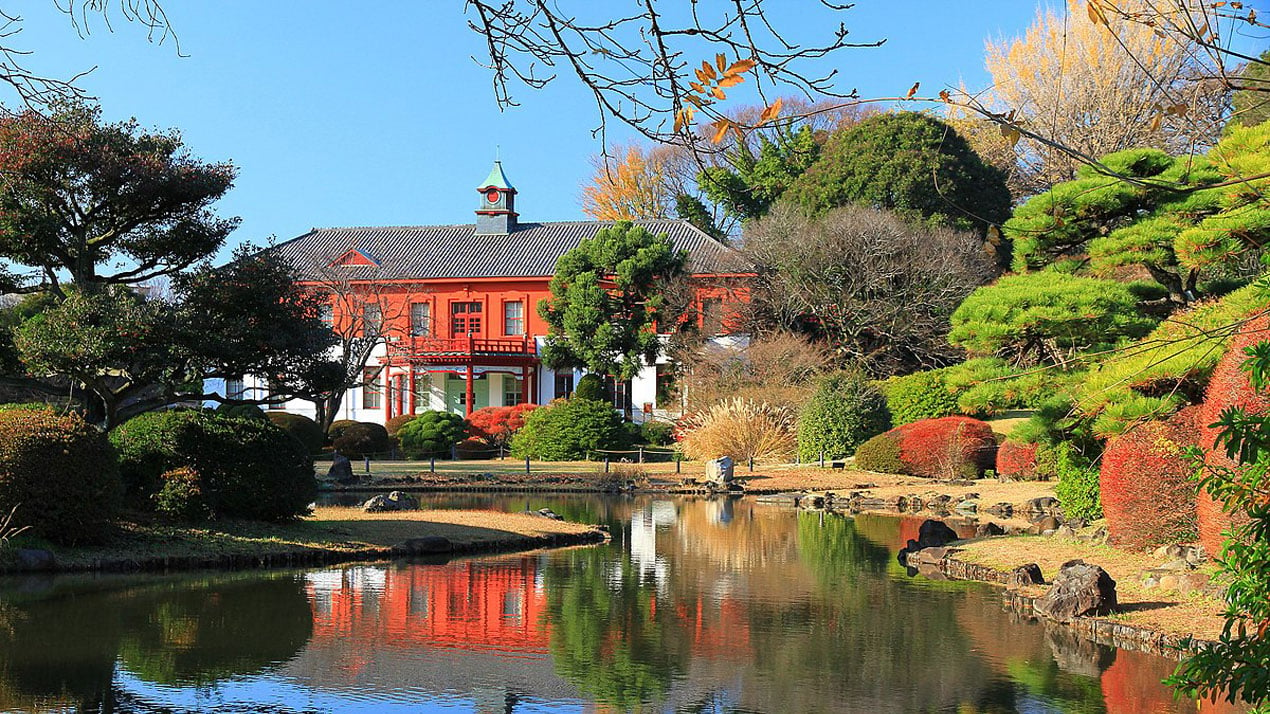Introduction:
Lakeside gardens play a crucial role in enhancing the ecological balance and aesthetic appeal of their surrounding environments. As urbanization continues to expand, the importance of integrating green spaces with water bodies becomes increasingly evident. This article explores the myriad benefits of gardens on lakes, ranging from environmental sustainability to the promotion of community well-being.
Biodiversity and Ecosystem Health:
Lakeside gardens serve as vital habitats for diverse flora and fauna, fostering biodiversity and contributing to the overall health of ecosystems. Planting a variety of native vegetation provides food and shelter for insects, birds, and other wildlife, creating a balanced and self-sustaining ecosystem. The interconnectedness of plants and animals in these garden spaces contributes to the resilience and adaptability of the local environment.
Water Quality Improvement:
Vegetation in lakeside gardens plays a crucial role in maintaining water quality. Plant roots help prevent soil erosion, reducing the sedimentation of lakes. Furthermore, they act as natural filters, absorbing pollutants and excess nutrients that may otherwise degrade water quality. The symbiotic relationship between aquatic plants and the lake fosters a healthier aquatic ecosystem, benefiting both wildlife and human communities.
Stormwater Management:
Lakeside gardens serve as effective stormwater management systems by absorbing and slowing down rainwater runoff. This helps reduce the risk of flooding and minimizes soil erosion, preventing sediments and pollutants from entering the lake. The integration of permeable surfaces, such as gravel paths and porous pavements, enhances the garden’s ability to absorb and filter stormwater, promoting sustainable water management practices.
Climate Change Mitigation:
As the global climate continues to change, lakeside gardens contribute to climate resilience by sequestering carbon dioxide and mitigating the urban heat island effect. Trees and other plants in these green spaces absorb carbon dioxide during photosynthesis, helping to reduce greenhouse gas levels. Additionally, the shading provided by vegetation helps lower temperatures in urban areas, creating a more comfortable and sustainable living environment.
Recreational and Educational Opportunities:
Beyond their ecological contributions, lakeside gardens offer recreational and educational opportunities for communities. Well-designed gardens create inviting spaces for residents to engage in leisure activities such as walking, jogging, bird watching, and picnicking. Educational programs and interpretive signage within these gardens can raise awareness about local ecosystems, fostering a sense of environmental stewardship among residents.
Aesthetic and Psychological Benefits:
The visual appeal of lakeside gardens contributes significantly to the overall aesthetics of the surrounding landscape. Well-maintained green spaces enhance property values and create attractive recreational destinations. Moreover, exposure to nature has been linked to psychological benefits, including stress reduction, improved mood, and increased overall well-being. Lakeside gardens provide residents with a peaceful retreat from the hustle and bustle of urban life.
Community Engagement and Social Cohesion:
Lakeside gardens serve as focal points for community engagement and social cohesion. Community gardening initiatives, events, and gatherings in these spaces foster a sense of belonging and connection among residents. The shared responsibility of maintaining the gardens creates a platform for collaborative efforts, strengthening social ties and promoting a sense of community pride.
Conclusion:
In conclusion, lakeside gardens offer a multitude of benefits that extend beyond mere aesthetics. Their ecological contributions, combined with the recreational, educational, and social opportunities they provide, make lakeside gardens invaluable assets to both the environment and the communities they serve. Recognizing and promoting the importance of these green spaces is essential for creating sustainable, resilient, and vibrant urban environments.





